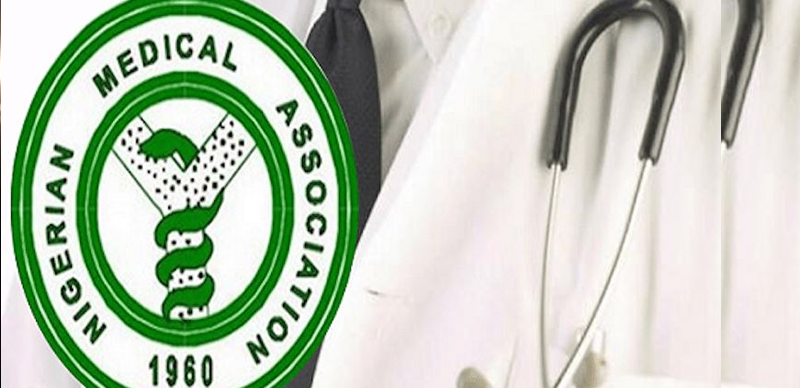• Expert seeks national asthma management guidelines
A development economist has warned that environmental pollution combined with the soaring cost of essential medications is significantly worsening the asthma crisis in the country.
These twin challenges, he said, are making it increasingly difficult for patients to manage the disease, calling for urgent reforms in policy, healthcare, and environmental regulation.
The founder of the Amaka Chiwuike-Uba Foundation (ACUF), Prof. Chiwuike Uba, said the escalating prices of asthma drugs are placing a heavy burden on Nigerian families.
He noted that many children miss school frequently due to asthma attacks, while parents often choose between purchasing medication and meeting other basic needs.
Citing recent market survey, Uba revealed that Short-Acting Beta-Agonist (SABA) inhalers now cost between N5,000 and N8,500, while Inhaled Corticosteroids (ICS), which are critical for long-term asthma control, can cost as much as N35,000. Combination inhalers are even more expensive, with prices reaching up to N70,000, well beyond the financial reach of most Nigerians.
The expert also identified Nigeria’s poor air quality as a major factor intensifying asthma cases. He pointed out that cities such as Lagos, Port Harcourt, and Kano experience some of the world’s worst pollution levels, due to vehicle emissions, industrial pollutants, biomass fuel use, and unchecked gas flaring. These pollutants not only worsen asthma symptoms but also contribute to respiratory diseases among previously healthy individuals.
Referencing World Health Organization (WHO) data, Uba said asthma affected 262 million people globally in 2019, causing 455,000 deaths.
He emphasised that low- and middle-income countries like Nigeria bear the heaviest burden, mainly due to poor disease management and limited access to essential medicines.
The expert criticised Nigeria’s Essential Medicines List (EML) for continuing to include outdated asthma treatments such as oral salbutamol and corticosteroids, despite WHO warnings about their side effects. He attributed this to cost issues, lack of awareness, and entrenched prescribing habits.
He called for the development of comprehensive national asthma management guidelines and urged that the EML be updated to incorporate modern treatments like ICS and combination inhalers.
He pushed for these medicines to be subsidised and included in the National Health Insurance Authority (NHIA) benefits package. Despite the NHIA’s launch in 2005, Uba said less than three per cent of Nigerians currently have coverage, forcing many to pay out of pocket for asthma care.
Uba stressed the importance of public-private partnerships to encourage local production of asthma medications and reduce dependence on imports, which have become more costly due to the naira’s depreciation and the withdrawal of major pharmaceutical companies from Nigeria.
He described the asthma crisis as an issue that goes beyond medicine, encompassing economic, environmental, and social justice dimensions. “The ability to breathe freely should not be a privilege reserved for the wealthy or urban elite,” Uba stated.
He called on the Federal Government, lawmakers, corporate bodies, and citizens to unite to improve asthma care.






